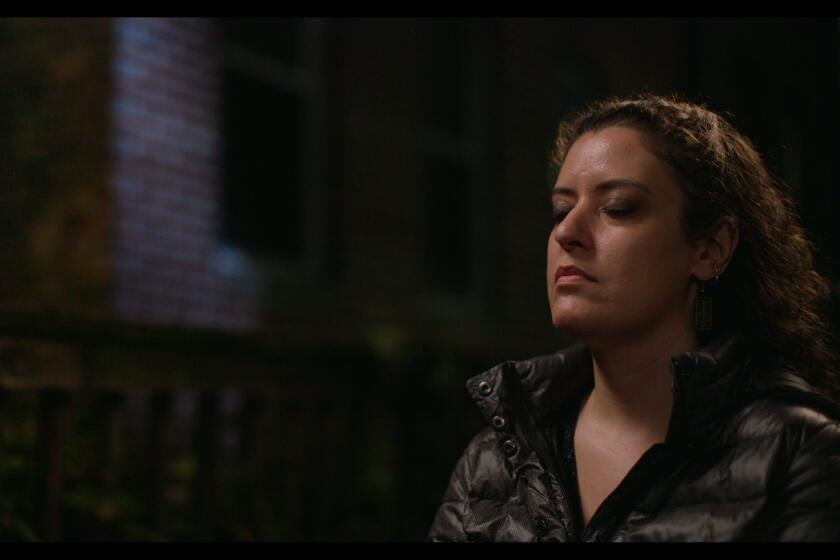Review: ‘Supreme Price’ tallies the cost of seeking change in Nigeria
“The Supreme Price” may sound like a metaphorical title, but after seeing this strong, forthright documentary, you’ll understand it’s the literal truth.
Part personal narrative, part brief but detailed history of Nigeria’s politics since independence, “Supreme Price” is in essence the story of Hafsat Abiola and how both her parents paid a terrible cost in their quest for a better, freer Nigeria.
Hafsat’s parents were enormous figures on the Nigerian political landscape, people who stood up against the country’s endemic series of military dictatorships and had their lives taken from them as a result.
Her father, M.K.O. Abiola, was one of Nigeria’s richest men, worth $100 million by the time he was 35. A complex individual who believed in change and was troubled by the country’s long military rule, he took advantage of a brief window of Nigerian democracy to run for president in 1993.
Though by all accounts he was the election’s victor, the military refused to recognize the vote and returned itself to power, with Abiola himself ending up in jail on trumped-up charges, an imprisonment he did not survive.
Hafsat’s mother, Kudirat Abiola, was one of her Muslim husband’s four wives. (He also had numerous concubines and is said to have fathered 55 children.) During the 1993 election campaign, she became one of M.K.O. Abiola’s key advisors and helped him campaign in the Hausa-speaking areas of the country.
Once the military imprisoned her husband, Kudirat became the head of Nigeria’s pro-democracy movement and was such an effective leader that she ended up being assassinated in Lagos just days before going to the U.S. to attend Hafsat’s Harvard graduation.
Director Joanna Lipper tells this compelling story through the lens of eldest daughter Hafsat, whom we meet (in what feels like re-created footage) in the film’s opening, returning to Lagos in 1999 after years of exile, within days of yet another return to civilian rule.
Feeling as strongly about the future of her country as her parents did, Hafsat founded a nonprofit organization called KIND (Kudirat Initiative for Democracy, named after her mother) that encourages women to find their voices and take their place in a society where men often engaged in what is called “PhD (Pull Her Down)” behavior. As Hafsat herself says, “any society that silences its women has no future.”
With interview subjects including Walter Carrington, former U.S. ambassador to Nigeria, and the formidably articulate Nobel Prize-winning writer Wole Soyinka, “Supreme Price’s” emphasis is on the socio-political realm.
But director Lipper also takes time to deal with Hafsat’s personal life, especially her marriage to Nicholas Costello, a white European whose union with Hafsat was approved by her older brother, Olalekan Yusau Abiola, as long as the prospective bridegroom converted to Islam. (He did.)
Unlike documentaries that tie things up in a tidy bow, “Supreme Price” wants viewers to understand that the status of democracy in Nigeria remains very much in flux. With the country’s enormous oil wealth always a factor as well as the corruption that often goes along with it, this story is not over, not even close.
------------
‘The Supreme Price’
No MPAA rating
Running time: 1 hour, 15 minutes
Playing: Laemmle’s Music Hall, Los Angeles
More to Read
Only good movies
Get the Indie Focus newsletter, Mark Olsen's weekly guide to the world of cinema.
You may occasionally receive promotional content from the Los Angeles Times.









